Noticia
Transgenic crops in the southern cone of Latin America and the crisis of agricultural raw material
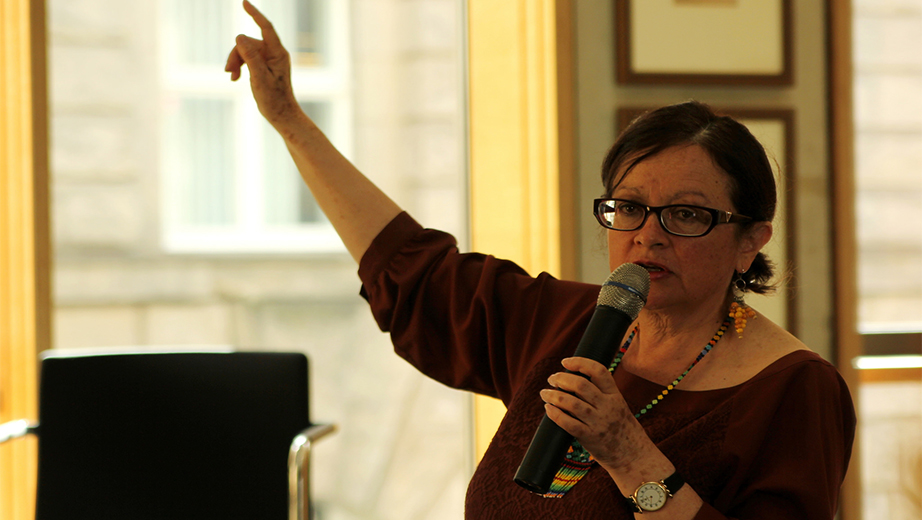
Transgenic crops and, particularly, the use of glyphosate in the Southern Cone of Latin America, makes national and transnational companies face a crisis of agricultural raw materials, known as commodities. Dr. Elizabeth Bravo, UPS professor and coordinator of the Political Ecology Research Group (Grupo de Investigación Ecología Política GIEP), studies the phenomenon taking into consideration the case study of the Monsanto Company in the case of genetically modified soybeans and its herbicide, glyphosate.
Bravo's paper titled "América Latina fumigada y crisis de las commodities. El caso del glifosato de Monsanto" published by the "Ciencia Politica" Journal from Universidad Nacional de Colombia, presents the historical background about the topic, it also provides statistical data on the influence of transgenic crops and the impact of using glyphosate in the southern cone of our continent.
Additionally, it puts companies' economic problems into context, such as Monsanto. Professor Bravo presented some strategies used by companies to face the current crises, for example strategic alliances between transnational companies to survive and acquisitions.
The study began as a conference proposed by the Political Ecology Research Group from the Latin American Council of Social Sciences (CLASCO). Then, due to its importance, the research continued for about a year and a half before its publication.
The journal from Universidad de Colombia is a scientific journal with unpublished papers about political theory, political analysis, government and public policies at an international level. It is indexed to Latindex and Clase.
For Professor Bravo, who is now conducting research about transgenic soya in the province of Los Rios (Ecuador) the publication of the research in scientific and academic media, besides presenting an ecologic and social reality, enriches teaching because students have the possibility to analyze environmental problems from different perspectives.
Contenidos Relacionados
Contenidos Relacionados
Noticias Relacionadas
Noticias Relacionadas

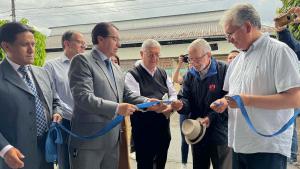
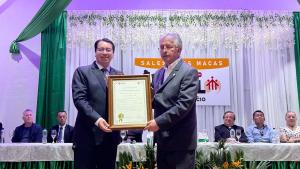
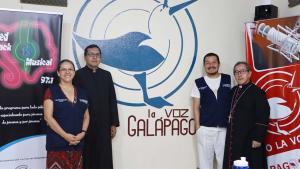
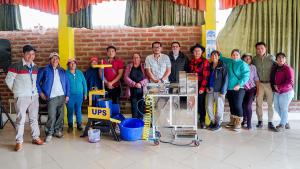
Follow us
Follow us